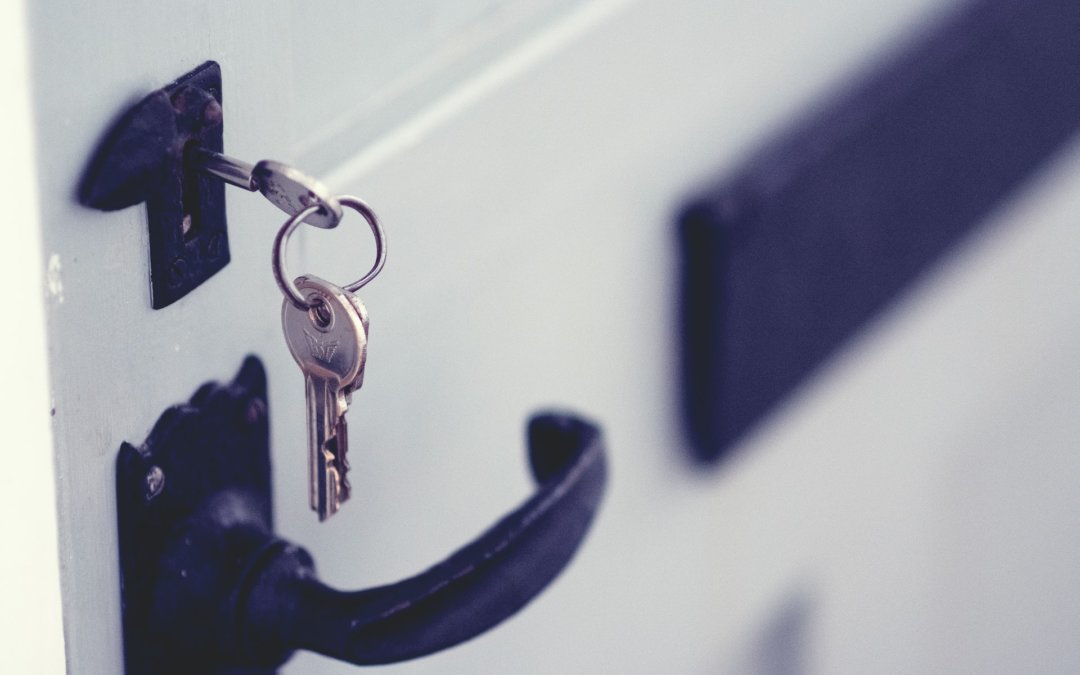Despite the success of many people who invest in rental property, risks are still involved. Understanding the various factors in buying a property can help you avoid getting carried away and make it more profitable.
Not All Properties Are Equal
Before you start investing in a rental property, it’s essential that you thoroughly understand the market’s current conditions and what potential tenants are looking for.
Investing in a small property, such as a house with only one bathroom and two bedrooms, might not be a good idea. Due to the area’s leading demographic, families, no one would want to live in a house with less than two bathrooms.
Don’t Ignore Location
People are always looking for the best possible location when buying a home. For instance, you’ll typically get a higher rental value if you live near a major employer or a city center. Property within walking distance of a famous entertainment district or beach can also be a good buy.
Unfortunately, if you live in a prime location, you might pay a higher price for a rental property. Before you start investing in rental property, it’s vital that you thoroughly analyze the market and the factors that affect your situation.
Keep Rent Around 1% of the Property Value
One of the most common rules of thumb when calculating a reasonable price is to ensure that at least 1% of the property’s value comes from rent. For instance, if you’re planning on buying a property worth $100,000, you should aim to get at least $1,000 monthly in rent.
Although this guideline is generally used, it can vary depending on the market’s current conditions. For instance, if the market is more competitive, you might initially accept a lower rent. On the other hand, if you’re planning on significant renovations, you might be able to get a higher rent by doing so.
Know Your Tax Advantages
If you’re buying a rental property as a business, you can take advantage of the property’s various tax benefits. For instance, you can deduct the expenses related to repairs and maintenance.
However, if you’re planning on investing in rental property, you might have to pay taxes on the income generated from the property. You might not be able to take advantage of the property tax exemptions granted for primary residences.
Know the Risks
Even if you’re following all the proper rules when investing in rental property, you might still lose money. A tenant might cause significant problems, or an economic downturn could cause you to lose money.
One example of how many landlords can fail is the COVID-19 pandemic. Many small-scale landlords lost their rental properties due to eviction moratoriums and job losses.

